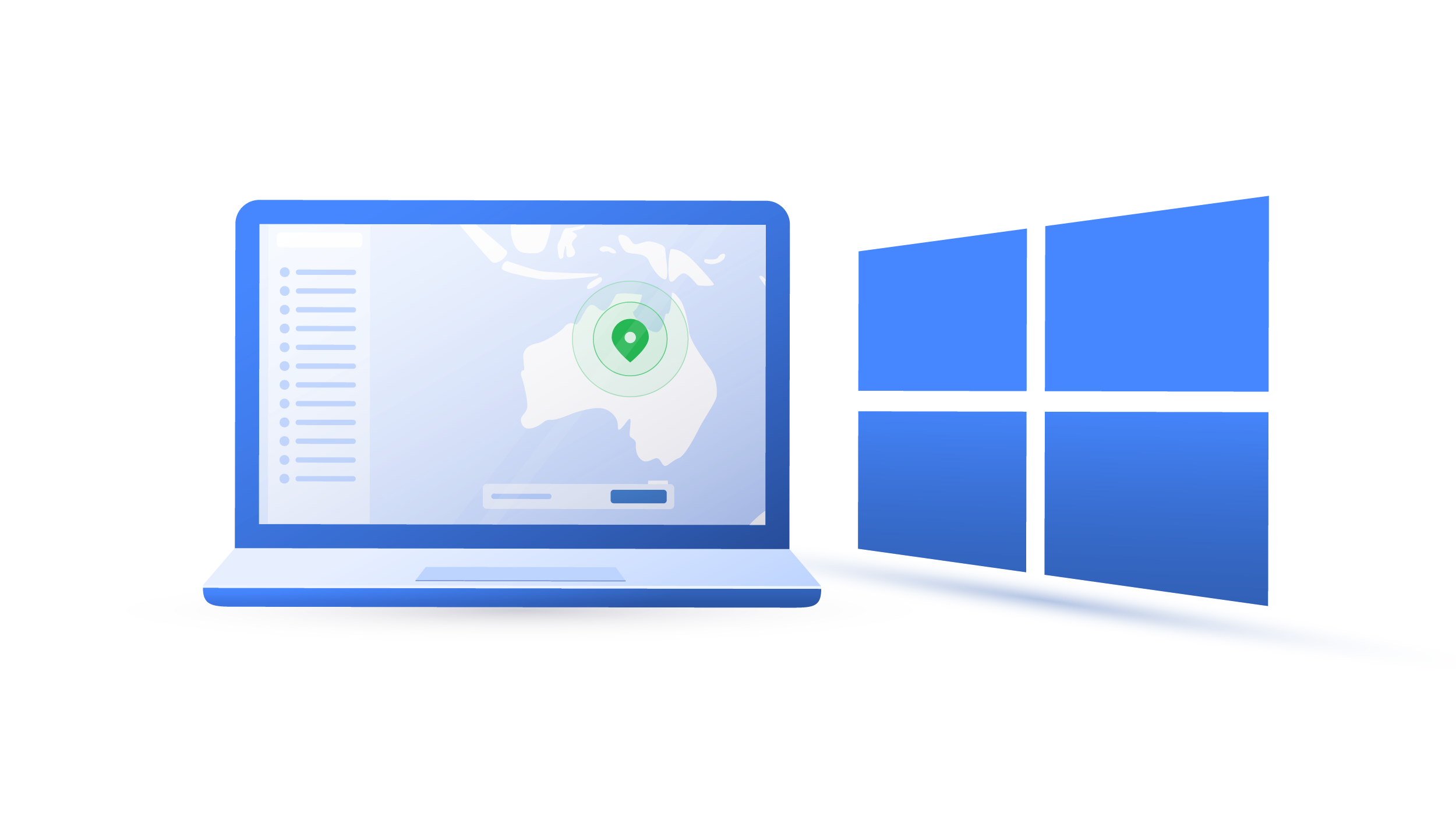A report issued on May 2 by the office of Director of National Intelligence Dan Coats shows that surveillance in the U.S. is still going strong. The National Security Agency (NSA) collected more than 151 million Americans’ phone call records last year, even after Congress restricted its ability to gather bulk phone data.
Bulk Data Collection
The 2015 USA Freedom Act limited the NSA to collecting phone records and contacts only of those people who are actually suspected to have ties to terrorism. Before the restrictions, the agency had been racking up potentially “billions of records per day,” according to a 2014 study.
Under a controversial national security policy established by the Patriot Act after the 9/11 terrorist attacks, the NSA collected massive amounts of metadata – the digital information that comes with various communications. The program had been kept secret from U.S. citizens until the former intelligence contractor Edward Snowden leaked information about the program to The Guardian in 2013.
Emails About Foreign Targets No Longer Collected
The new report comes just days after the NSA unexpectedly announced it would stop its secret, warrantless collection of Americans’ emails that cross international borders and mention foreign intelligence targets. To get caught in the intelligence dragnet sanctioned under Section 702, it was enough to simply mention an identifying term — like an email address — for a foreigner on whom the agency is spying.
NSA said that “this surveillance will now be limited to only those communications that are directly “to” or “from” a foreign intelligence target.”
The announcement was hailed as a victory by privacy advocates who had been raising the alarm about the invasive nature of the agency’s spy program. Ever since the exposure of the program by Snowden, activists have consistently denounced the data collection, insisting that this surveillance was based on what people were saying in private rather than on probable cause or direct association.
“For years, Americans have been kept in the dark about our government’s unconstitutional collection of their personal communications and data in the name of national security,” Hawaii Congresswoman Tulsi Gabbard said in her statement following the NSA announcement, calling it a step in the right direction.
However, the NSA did not just stop surveilling these emails voluntarily. Through the bulk collection program, the NSA was also “inadvertently” gathering messages sent and received domestically that are often bundled together with other messages by internet companies. Such illegal collection caught the attention of the Foreign Intelligence Surveillance Court (FISC), which ordered the agency to undertake a broad review of the program.
Section 702 Renewal
These new developments have special relevance as the Section 702 of the Foreign Intelligence Surveillance Act (FISA), which sanctions NSA programs such as PRISM and Upstream, up for reauthorization this year. This is once again putting mass surveillance back at top of the political issues list.
Under Section 702 authority, intelligence agencies can compel Internet service providers and telephone companies to assist in collecting information from targeted individuals. The NSA also cooperates with large tech companies such as Apple, Facebook, Google and Microsoft to intercept and store all messaging data going to or from foreign targets. Warrants aren’t required — even if data of U.S. citizens is involved in the targeted communications. However, the Section 702 forbids collecting information from targets inside the U.S.
U.S. intelligence officials say the programs are vital to national security, while critics of the law argue that it can be used to surveil U.S. citizens without a warrant. Some lawmakers want the act to be reformed to increase transparency and ensure public trust, but the White House seeks clean renewal of the spy law without any changes, despite the public misgivings.
Furthermore, the debate has also been influenced by allegations that President Trump’s associates were incidentally swept up in intelligence activities after the election.
All in all, it seems that 2017 is shaping up to be an eventful year for U.S. intelligence agencies, lawmakers and privacy advocates alike. Follow our blog for further privacy-related developments.




